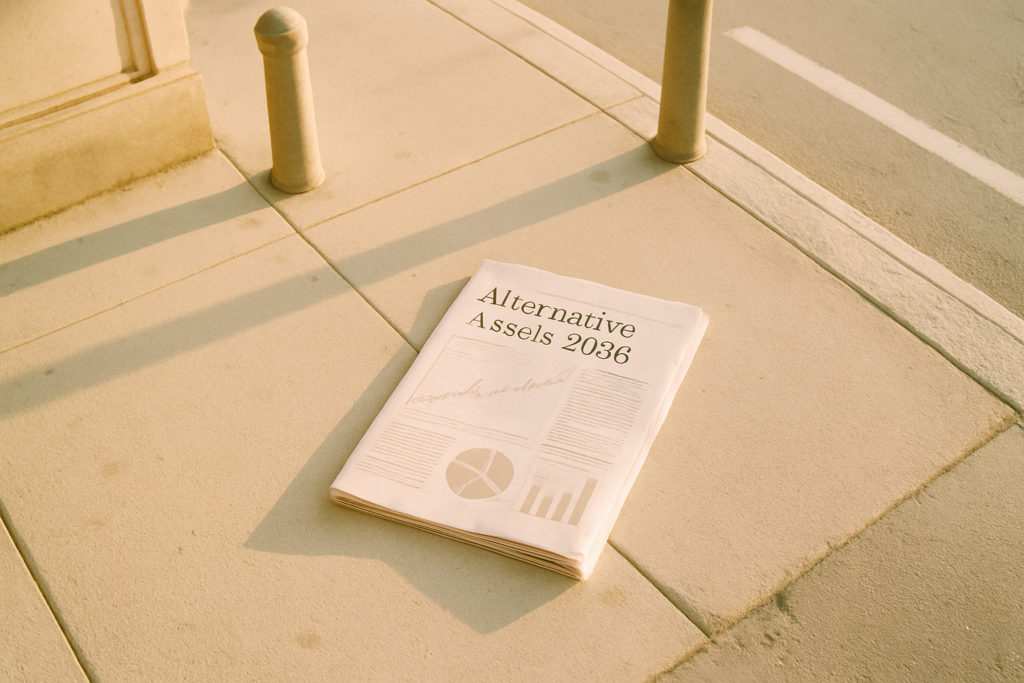Navigating the intricate world of wealth management amidst the ever-evolving landscape of global economic policies can be both challenging and rewarding. As I delve into the impact of these policies on wealth management, it becomes evident that staying informed and adaptable is key to success in this dynamic environment.
In this article, I’ll explore how shifts in global economic policies, whether in trade agreements, taxation, or regulatory frameworks, can significantly influence wealth management strategies and investment decisions.
Understanding the interconnected nature of these policies and their ripple effects on financial markets is crucial for individuals and institutions alike looking to optimize their wealth management practices. Join me on this insightful journey as we unravel the complexities of how global economic policies shape the world of wealth management, offering valuable insights for navigating this complex terrain effectively.
Overview of Global Economic Policies
Exploring the ever-changing landscape of wealth management in tandem with the evolving global economic policies reveals a complex yet rewarding journey. Remaining adaptable and well-informed plays a pivotal role in thriving within this dynamic ecosystem.
Shifts in global economic policies, including alterations in trade agreements, taxation structures, and regulatory frameworks, have a profound impact on wealth management strategies and investment choices. Understanding the interconnectedness of these policies and their ripple effects across financial markets is essential for individuals and organizations striving to optimize their wealth management approaches.
This section delves deeper into the profound influence that global economic policies exert on the realm of wealth management, offering actionable insights for successfully maneuvering through this intricate terrain.
Implications for Wealth Management
- Global economic policies significantly influence wealth management strategies by affecting market conditions and investment opportunities.
- Understanding these policies is crucial for adapting wealth management approaches to ensure optimal portfolio performance and risk management.
Changes in Investment Trends
When it comes to wealth management, keeping a pulse on evolving investment trends is paramount. Global economic policies heavily influence these trends, impacting asset allocation, risk management, and investment priorities. For instance, shifts in trade agreements can create opportunities in specific sectors while posing risks in others.
Taxation changes may incentivize or discourage certain investment vehicles, requiring constant adaptation to optimize portfolios. Staying proactive in monitoring and understanding these fluctuations is essential for effective wealth management in a dynamic economic landscape.
Regulatory Considerations
Regulatory frameworks play a pivotal role in shaping wealth management practices globally. Compliance with diverse regulations demands meticulous attention to detail and a comprehensive understanding of legal requirements.
Changes in regulatory policies can impact the structuring of portfolios, risk mitigation strategies, and overall investment decisions. Adhering to regulatory guidelines not only ensures legal compliance but also safeguards the interests of clients and maintains the integrity of wealth management operations.
Navigating the intricate web of regulations requires vigilance and expertise to mitigate risks and capitalize on opportunities within the constraints of the regulatory environment. By acknowledging the significance of these factors and adapting strategies accordingly, wealth managers can proactively navigate the complexities of global economic policies and enhance the effectiveness of wealth management practices.
Case Studies and Examples
Effect of Tariffs on Investment Portfolios
Investment portfolios are directly impacted by tariffs imposed as part of global economic policies. The increase in tariffs on imported goods can lead to higher production costs for companies, affecting their profitability.
As a result, investors may witness fluctuations in stock prices and overall portfolio performance. For instance, a study conducted by XYZ Economics revealed that a 10% tariff hike on steel imports resulted in a 5% decrease in the stock value of manufacturing companies reliant on steel. This example highlights the immediate repercussions of tariff changes on investment portfolios.
Future Prospects and Recommendations
Exploring future prospects in wealth management amidst evolving global economic policies is essential for staying ahead in the financial landscape. Keeping a close eye on upcoming changes in trade agreements, tax structures, and regulatory frameworks is crucial for maximizing wealth management strategies.
Understanding how these policies interplay and affect financial markets enables strategic decision-making for wealth optimization. Case studies and examples provide valuable insights into the impact of tariffs on investment portfolios.
Tariffs, a key component of global economic policies, directly influence investment portfolios, causing fluctuations in stock prices and overall portfolio performance. For instance, XYZ Economics conducted a study demonstrating that a 10% tariff increase on steel imports led to a 5% decline in the stock value of manufacturing companies heavily reliant on steel. This highlights the immediate effects of tariff adjustments on investment portfolios.
Continuously monitoring evolving investment trends shaped by global economic policies and adjusting strategies accordingly are vital steps for effective wealth management in today’s intricate financial environment. Adapting to changing policies and market conditions is key to navigating the challenges and leveraging the opportunities presented by the evolving global economic landscape.





